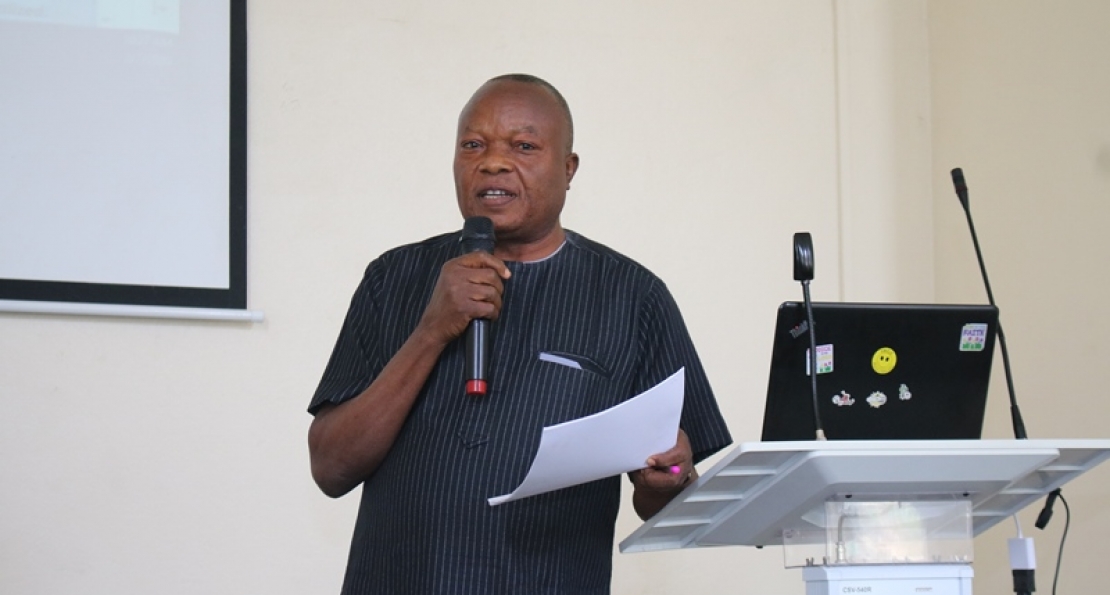Professor of Law and Chair of Public & International Law at AUN, Dr. Peter Ocheme, has suggested an amendment of the Nigerian Constitution ‘to provide a quota for gender representation by political parties, whether for elective or appointive positions’.
Professor Peter discussed gender parity in a paper, “Advocating the Ugandan Barometric Appliances for Gender Parity in Nigerian Politics”, co-authored with Ms. Gloria Ibikunle.
The presenter pointed out that Nigerian women like Queen Amina of Zaria, Hajia Gambo Sawaba, Margaret Ekpo, and Funmilayo Ransom-Kuti played prominent roles in history. The researchers also looked into factors that have affected full women’s participation and representation in Nigerian politics.
“However, gender parity in post-Independence politics has been a goal yet to be achieved due to factors with roots in cultural, economic, traditional and religious discriminations.”
These have hampered full women’s participation and representation in Nigerian politics.
The study compared the Nigerian situation with that of Uganda, claiming that Uganda had made better progress.
“Nigeria is ranked 33 in the female gender inequality index; Uganda is number five on the list. The objective of the research was to identify factors that made Uganda better.”
So, gender quota was a major discovery.
“The findings co-terminated with factual and statutory limitations, one of which was that the 1995 Ugandan Constitution provided gender quota ensuring gender equality. There is no corresponding jurisprudence in Nigeria.”
Trends in other countries were also analyzed in the paper. The doctrinal approach, with interviews, was used.
“From investigating contemporary jurisdiction across the globe, we discovered positive government policies, political will, and commitment demonstrated by various groups at international levels.”
Other recommendations include the elimination of identified cultural, economic and religious barriers to women participation in politics with a view to changing public bias against women, engagement with traditional, religious, economic stakeholders to invest their wealth and directions to ameliorate the tide; and no less, enlisting civil society groups in the continuous discourse.
The discourse generated questions and contributions from participants. Professor Maryam Ishaku Gwangndi of the School of Law said that one of the main reasons women find it difficult to campaign and be elected into some offices was lack of finances.
“Because politics in Nigeria is about money and most of the women don’t have the resources to participate in politics.”
Reported by Omorogbe Omorogiuwa


